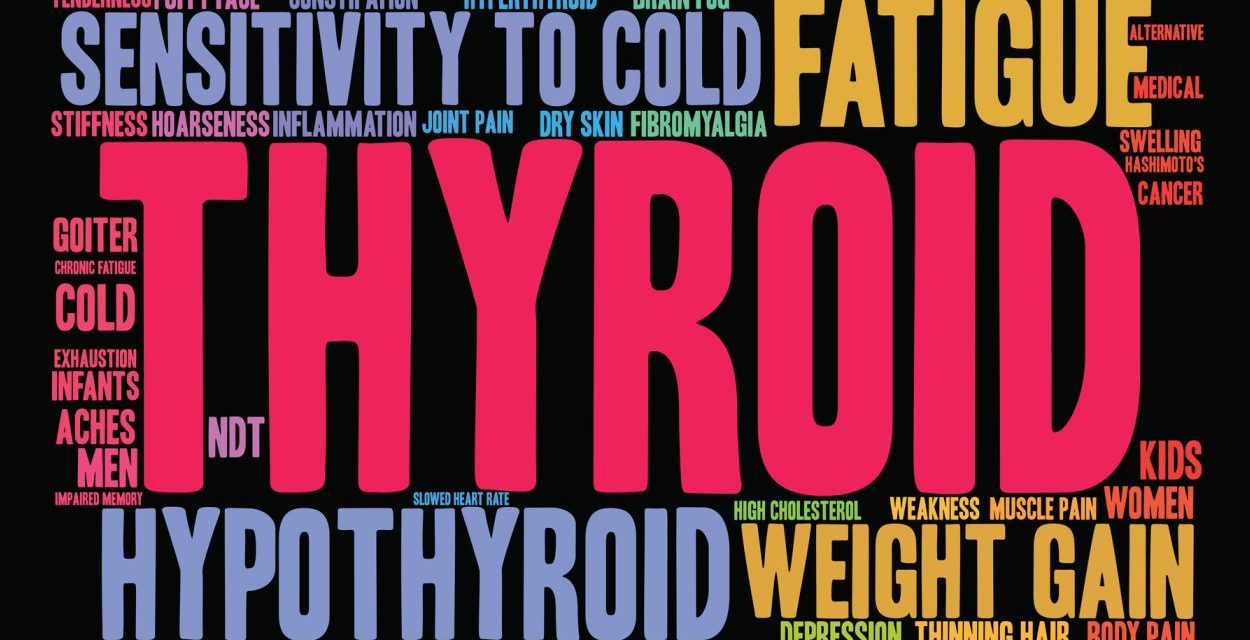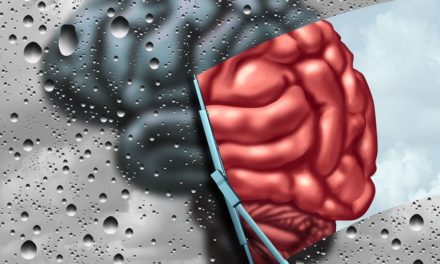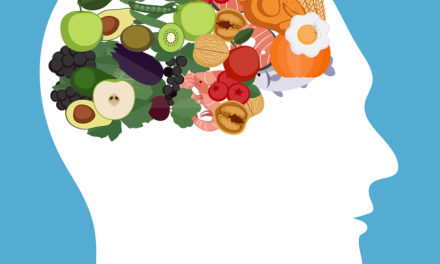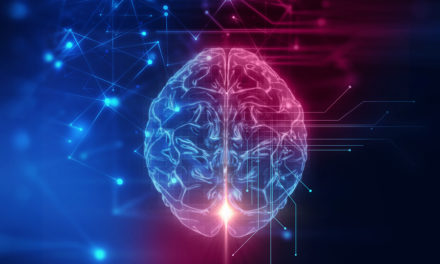You’ve seen this person; she (usually a she) is tubby, tired and depressed. Her hair is brittle, skin is dry and she can’t seem to lose weight no matter what she does. You look up hypothyroidism in the medical dictionary and her picture appears next to the two paragraph description of the condition. She cries for no reason, catches a lot of colds, her ankles swell and she is puffy under the eyes. You notice that the lateral third of her eyebrows is missing. She may or may not be taking antidepressants or cholesterol medication.
She had her TSH tested and her thyroid was pronounced healthy. TSH is a pituitary hormone that stimulates the thyroid gland—levels are used to screen for thyroid problems. The British Medical Journal [BMJ 2000;320:1332-1334 (13 May)] published research examining the flaws in diagnosing hypothyroidism. The authors concluded that there are indeed flaws with the way that we diagnose hypothyroidism. First of all, the research is lacking that shows us the relative importance of lab tests and symptomatology in diagnosing the thyroid. TSH production is affected by the level of thyroid hormone, but it is also affected by other things. We don’t fully understand how various illnesses affect TSH and the thyroid hormones. There is also a need to consider the possibilities of false positive and false negative results when looking at lab tests related to the thyroid.
Many doctors using natural health care will rely on a basal body temperature test. Dr. Broda Barnes was critical of the lab work available to diagnose hypothyroidism. Dr. Barnes felt that the basal body temperature should be between 97.8 and 98.2 degrees. If a patient has a low basal body temperature and hypothyroid symptoms, that is justification to treat the thyroid. The problem is that many things can cause a low temperature. Using basal body temperature and symptoms to make this diagnosis is also unsatisfactory.
It is important to understand how to diagnose hypothyroidism—so many health problems are linked to it. Many people on antidepressants should be getting thyroid support. Research appearing in the American Journal of Psychiatry (March 1993;150:3:508-510) suggests that the thyroid may be involved with some cases of depression. It was a small study that looked at 16 patients with subclinical hypothyroidism and 15 with normal thyroid function. The frequency of depression over the course of a lifetime was higher in the group with subclinical hypothyroidism.
Hypothyroidism can cause high cholesterol and heart disease. Now, research appearing in the Annals of Internal Medicine (2000; 132(4):270-8) shows that subclinical hypothyroidism and thyroid autoimmunity can also increase the risk of heart disease. Could it be that your patient who is on cholesterol lowering medication should actually be getting thyroid support? Hypothyroidism can be responsible for miscarriages. If an expectant mother has hypothyroidism and doesn’t miscarry, her baby will have a lower IQ than if her thyroid was normal [According to a study published in the New England Journal of Medicine (1999;341:549-555, 601-602),]. Problems losing weight, dry skin and immune system problems may have the thyroid at their root.
Fortunately, a number of doctors have been wrestling with this problem and there are now ways to combine lab information with symptoms and come up with a diagnosis—and a safe and reasonable treatment. When you treat with nutrition, you are using a therapy that has great potential to get good results without causing the same kind of risk to the patient that drug therapy poses.






